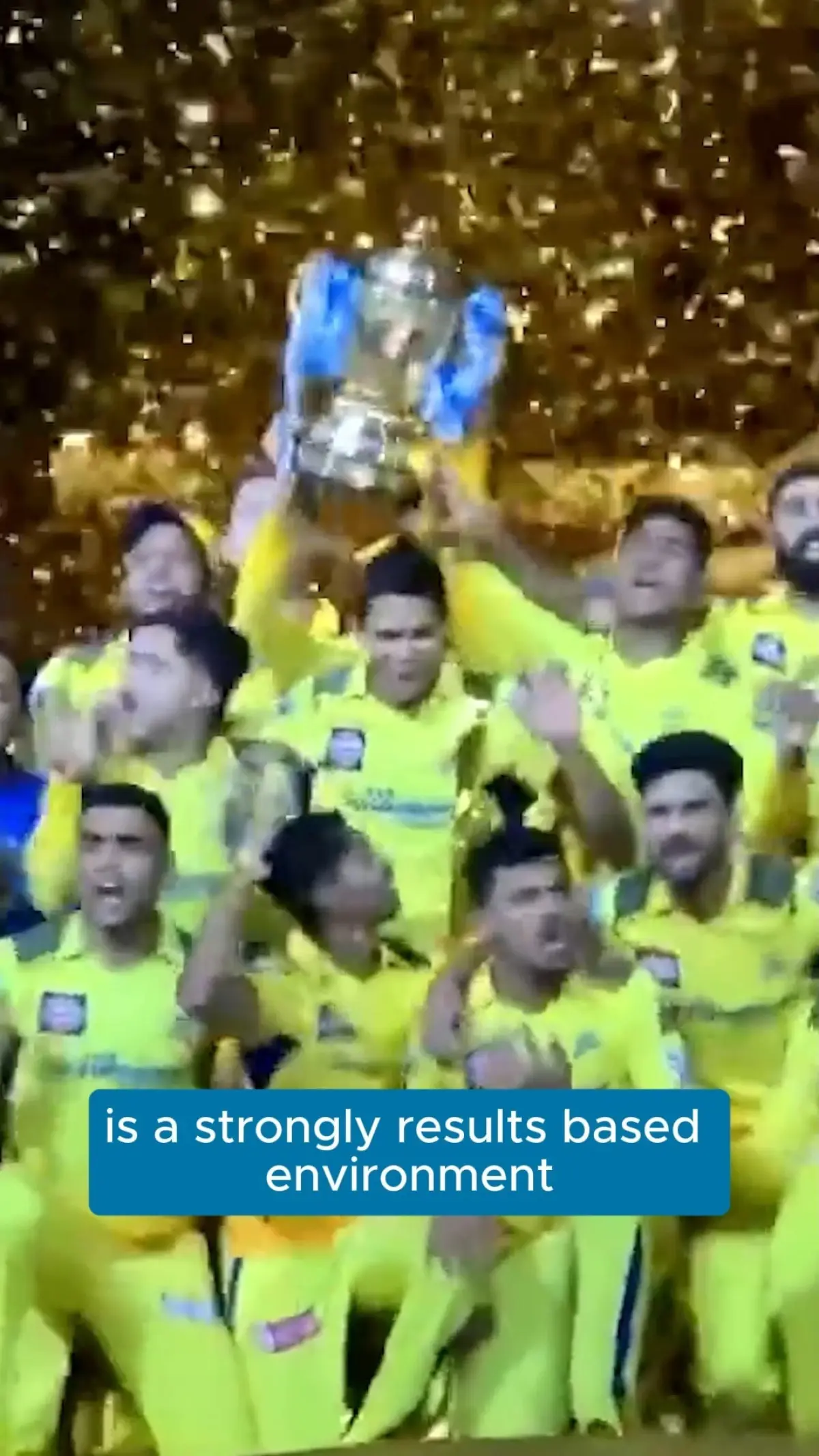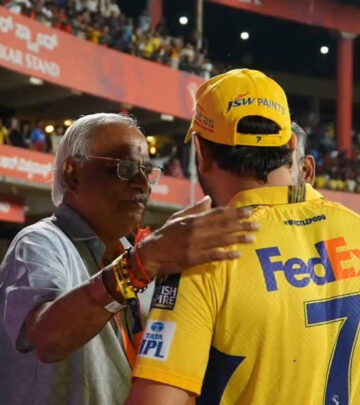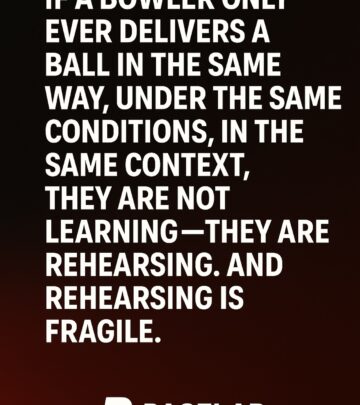Ego And Leadership: Paddy Upton On Staying Grounded
Coach Paddy Upton reveals how leadership endures pressure by tempering ego with resolve!!!

Image: Instagram
In today’s high-stakes sports world, the true test of leadership isn’t when everything is going according to plan—it’s during the messy moments when pressure mounts and outcomes matter most. Barefoot coach Paddy Upton reminds us that ego can be the silent enemy of effective leadership, a danger that creeps in when the desire for a specific result overshadows the fundamentals of character and consistency. In a recent post shared on Instagram, Upton stressed that altering one’s behavior solely to chase outcomes can rapidly undermine team cohesion. As he quotes Gary Kirsten from a popular podcast, “if you start changing your behaviour just because you need the result so badly, you’ll quickly lose the people you’re trying to lead.” This message resonates deeply with anyone who has had to manage pressure in a competitive arena.
Coaching Under Pressure
Effective leadership is not conjured in moments of calm; it is forged in crisis. Upton’s message resonates particularly in environments such as the Indian Premier League, where the intensity of the game can force even the most seasoned coach to adapt, sometimes too drastically. His candid reminder that leadership is defined not by smooth victories but by how one responds when things get messy serves as a wake-up call for coaches and leaders alike. The famous Barefoot Coach draws on decades of experience in sports to stress that being true to oneself—even under immense pressure—is the only way to build lasting respect and trust among team members.
The Role Of Ego And Consistency
At the heart of Upton’s statement is the cautionary tale about ego. In high-performance settings, chasing outcomes too fervently often means sacrificing the very traits that foster a solid team culture. Under pressure, many find themselves tempted to adopt behaviors that are uncharacteristic of their true leadership style. These changes, however, may come at a steep cost. Upton warns that if leaders allow ego to dictate their decisions, the very foundation of team morale can crumble. His insights echo a broader philosophy seen in several of his prior Instagram posts, where he has consistently highlighted that confidence and resilience are built over time through meticulous preparation and self-awareness. Upton’s perspective is clear: leadership tested in challenging times demands unwavering consistency and a focus on ethics rather than just the scoreboard.
From Chasing Outcomes To Building Resilience
Upton’s recent post is a natural continuation of themes he has explored throughout his career. In previous updates, he has discussed how aspiring athletes and leaders must prepare for setbacks. One post recalled his work with the Indian men’s hockey team, where he asked, “What’s your plan for when shit happens?” In this, he underscored the inevitability of setbacks and the importance of responding to them with resolve rather than panic. Whether it’s transitioning from player to coach or managing high-profile teams in international competitions, Upton has always maintained that the secret to sustainable success lies in a leadership style that values consistent character over momentary triumphs.
Across the spectrum of his social media updates, Upton has deepened the conversation around leadership by emphasizing that true confidence is not built overnight or by basking in the applause of victory. Instead, it is the product of preparatory work done when no one is looking—the same discipline he expects from those he leads. This perspective is eloquently encapsulated in his repeated use of hashtags such as #HighPerformanceThinking and #MentalGame, reinforcing that leadership is as much a mental battle as it is a tactical one.
Lessons For Leaders And Coaches
What sets Upton apart is his insistence on a balanced approach. While strong goals and clear ambitions are necessary, allowing the stress of potential failure to drive drastic changes in behavior is counterproductive. He encourages a return to basics: maintain consistent strategies, build strong cultures, and, importantly, keep ego in check. When leaders focus exclusively on results, they risk losing sight of the process and the people that contribute to every shared success. Upton’s reflective advice is particularly relevant now, as teams across leagues are facing unprecedented pressures to perform both on and off the field.
Moreover, Paddy Upton’s approach emphasizes that leadership is not about perfection in every moment but about the courage to remain authentic and supportive—even when the stakes are highest. His insights remind us that quiet determination, ethical decision-making, and unwavering focus on the collective good are what ultimately forge champions, not only in sports but in any arena of life.
Conclusion
In a world where winning is frequently celebrated above all else, Upton’s words serve as both a caution and a call to greater responsibility. True leadership, as he illustrates, is revealed in times of hardship—when character becomes the measure of success. By tempering ego and standing firm in one’s values, leaders set the stage for sustainable achievement and a thriving team culture. As pressure mounts and challenges arise, the lesson is clear: stay grounded, be consistent, and let character lead the way.
For those intrigued by his insights, Upton’s social media channels and interviews offer a wealth of additional reflections on high performance, resilience, and leadership that continue to inspire both coaches and athletes around the globe.
Read full bio of Vidya Tadapatri














